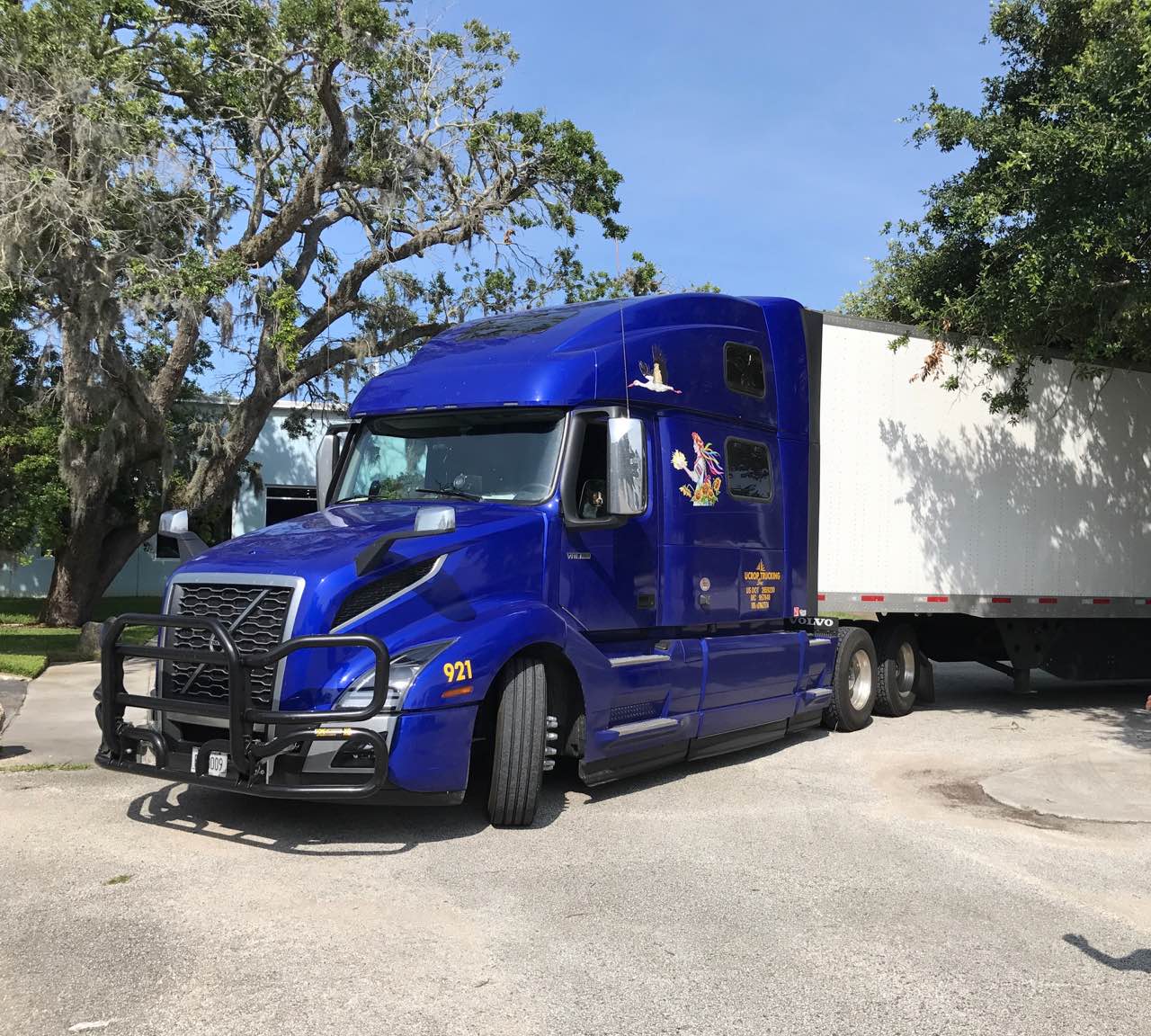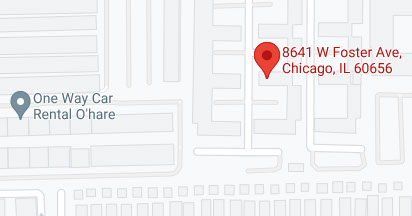


SAFETY DEPARTMENT
All drivers have to comply with the company's guidelines. Drivers have been trained according to DOT rules and regulations, and have read and are following all necessary instructions. All drivers have to attend a scheduled 2-hour safety seminar once a month. This is an overview of the Federal Motor Carrier Safety Regulations (FMCSRs) and everything needed to know to maintain compliance. We have condensed the most important performance measures, they must make part of our company's safety system in order to be compliant with the DOT regulations. Covered topics include introduction to the USDOT, FMCSA and PHMSA.
Every driver has to complete training of Log preparation and other public safety issues and also must be informed of all company fines which will be enforced for failure with company and DOT rules and regulations. All the drivers have to read and understand all their responsibilities for shipment, condition of the truck and trailers, receipts and documents, hours-of-service regulations and driver safety compliance:
1st violation - warning and retraining;
2nd violation - warning, retraining and fine;
3rd violation - subjection to termination.
The drivers will be subjected to termination for not following the alcohol and drug testing policy, positive drug test results or refusing to submit to a post accident, random or reasonable suspicion test and for failure to comply with.
GENERAL REQUIREMENTS
Vehicle Inspection Procedure
1. Approach vehicle; look for leaks of coolant, fuel or lubricants under the vehicle. Note body condition.
2. Under hood, check battery water level, oil level (and last oil change date), transmission fluid level, belt and hose condition and adjustment. Fill windshield washer reservoir.
3. Start engine for warm up. Check for abnormal noise and gauges for normal readings. Try steering wheel for excess play.
4. Depress brake pedal for excessive travel, mushy or hard feel.
5. Check horn and windshield wipers. Turn on all lights including emergency flasher. Check high and low beam.
6. Check tire inflation and tread.
7. Check emergency equipment including fire extinguisher, first aid kit, emergency triangles, spare tire, jack, spare fuses and bulbs.
8. Walk around vehicle checking lights and reflectors.
9. Recheck all gauges, fasten seat belt, turn off lights and check the parking/emergency brake. 10. Make test stop within one block. Check operation of transmission.
Vehicle Fleet Safety
"Ucrop Trucking" desires to eliminate any conditions that adversely affect the well being of employees and threaten financial stability through accidental losses. Drivers shall operate all vehicles that they use for municipal business safely and economically. To accomplish this, employees must comply with the following practices:
2. Drivers will comply with all applicable motor vehicle laws. The vehicle operator is responsible for any traffic citations.
3. "Ucrop Trucking" prohibits unauthorized passengers or drivers to operate the vehicle.
4. Drivers will always wear seat belts, whether operating or riding as a passenger in the vehicle.
6. Drivers will use municipal vehicles for official use only.
7. Drivers will operate vehicles only when they are in safe operating condition. Each employee driving a vehicle on business shall inspect the vehicle to assure that the vehicle is in sound operating condition.
8. Each driver's privilege to operate a vehicle on official business extends only as long as the driver operates the vehicle in a safe and efficient manner. A record of "preventable" accidents shall result in appropriate disciplinary action.
9. Drivers performing work that requires the operation of a municipal vehicle must notify their immediate supervisors if their license is expired, is suspended, or is revoked. Failure to report shall be cause for disciplinary action.
10. The Personnel Office shall maintain a Vehicle Operator Record on each employee.
11. Drivers shall report all vehicle accidents and the municipality shall investigate the accident in accordance with related policies and procedures.
12. Vehicles shall contain appropriate warning and safety devices.
17. Drivers shall not use personal vehicles on official business unless there is no municipal vehicle available and they obtain specific authorization to do so from their department manager.
Drivers selection
Company managers may consider drivers of municipal vehicles as qualified to drive when they meet the following criteria:
1. Possess a valid driver's license of the proper class and a driving record that meets all performance and other standards specified in this administrative policy.
2. Capable of passing a physical examination when a question of fitness to drive arises because of illness or injury.
3. Capable of passing written tests on driving regulations whenever required.
4. Capable of passing driving tests.
5. Have demonstrated proficiency with the particular type of vehicle or equipment they will routinely operate.
Managers must examine applicants’ driving records carefully and consistently as a routine part of the screening, background investigation, and hiring process. They must:
1. Reject applicants with poor driving records for positions that require vehicle operation.
2. Verify that applicants possess, or are eligible to obtain, any special license endorsements the law requires for the type or types of vehicle they will operate in performing their duties. Here we speak primarily of the Commercial Driver’s License (CDL) requirements.
3. Determine the candidate’s physical and mental fitness to operate motor vehicles after extending a job offer.
The Personnel Office shall maintain a Vehicle Operator Record in each employee’s personnel file. Supervisors are responsible for reporting vehicle operator information to the Personnel Office.
Driver Training
To evaluate and assist drivers in maintaining an acceptable level of performance, "Ucrop Trucking" shall periodically administer or arrange for attendance at a Defensive Driving Course. "Ucrop Trucking" shall make assignments for the course as follows:
1. Mandatory attendance for employees who have been involved in a "preventable accident."
2. Mandatory attendance for employees whose immediate supervisors determine that they have questionable driving capabilities or habits.
3. Voluntary attendance for employees who have not attended a Defensive Driving Course in the past three (3) years.
Performance Evaluation and Monitoring
Because careless or poor driving may lead to worker injuries and to decreased public confidence in "Ucrop Trucking", we require managers to monitor and evaluate employees who operate vehicles. They must:
1. Check all employees’ driving records at least annually.
2. Assign a specific individual to oversee the license review and screening process. This individual should also manage the entity’s compliance with Commercial Driver’s License, federal random drug testing and other legal requirements. The review should conform to the guidelines in your motor vehicle operations policy.
3. Take appropriate corrective action for current employees with unacceptable records. Corrective actions may range from reassignment to non-driving related positions up to discharge. Falsification of information about driving records by drivers is cause for immediate termination.
4. Establish corrective actions necessary to restore employee to driving position and period for completion. Document actions taken.
5. Forward all documentation of the annual review and the actions the supervisor has taken to Human Resources.
ACCIDENT REPORTING PROCEDURES
1. Drivers involved in an accident shall obtain appropriate medical treatment, if needed, as outlined in the municipality’s health and safety policies.
2. The employee, if physically able, shall call for a police officer as provided in the reporting policies. The employee shall also request that all parties and properties concerned remain at the scene of the accident, if possible, until a law enforcement representative has released them.
3. Employees shall refrain from making statements regarding the accident to anyone other than the investigating police officer, municipal management, and representatives of the municipality’s or drivers’ personal insurance provider. Employees shall limit statements to factual observations.
4. Our company must receive a copy of all police reports and any accompanying statements within 48 hours.
5. If the collision involves an injury, the driver and his or her supervisor will file appropriate reports as provided by policy.
6. The driver shall fill out a Vehicle Accident/Incident Report within forty-eight (48) hours and submit it to his or her supervisor. The supervisor will send copies to the company's president for comment and then file the report with the Personnel Office for inclusion in the employee's personnel file. If the accident may result in someone alleging liability against the municipality, the president shall also file the report with the insurance carrier.
7. The driver shall report damage to the vehicle on the "Auto Accident Notice" form available from his or her supervisor.
8. The driver shall submit to a drug test as specified by policy.

